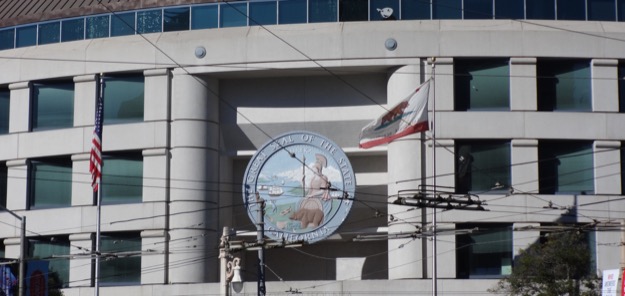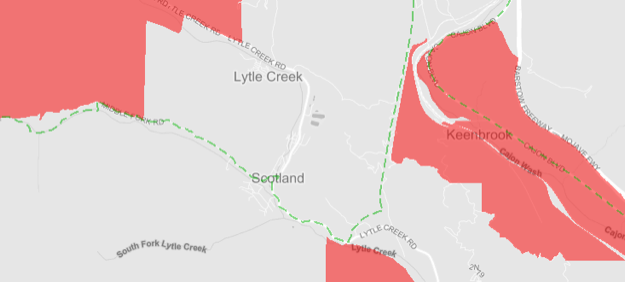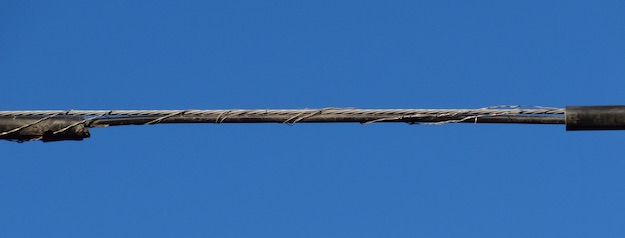Four ISPs claim California right of first refusal for broadband subsidies, but big telcos sit it out

Four Internet service providers exercised their jus primae noctis right of first refusal for California broadband subsidy priority by Tuesday’s deadline. That’s assuming all four got it right, which is doubtful.
When the California Advanced Services Fund (CASF) program was turned into a piggy bank for AT&T and Frontier rewritten last year, one of the benefits lawmakers slipped into the bill was an annual opportunity for incumbent providers to claim unserved areas, in exchange for a promise to upgrade broadband service within six months.… More








![Ralf Roletschek [GFDL (https://www.gnu.org/copyleft/fdl.html) or CC BY-SA 3.0 (https://creativecommons.org/licenses/by-sa/3.0)], via Wikimedia Commons](https://www.tellusventure.com/images/2017/10/roulette.jpg)